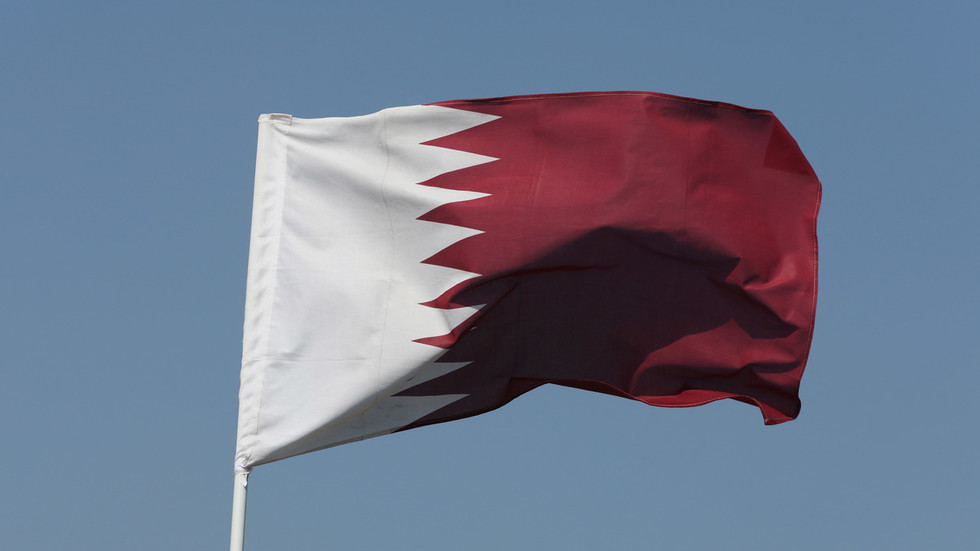A recent development in the Middle East has seen a Qatari diplomatic delegation arriving in Damascus, as part of efforts to re-establish Qatar’s embassy, which has been closed since 2011. The Qatari Foreign Ministry announced this move, highlighting the delegation’s intention to finalize the necessary procedures for reopening. Qatar had suspended embassy operations following the departure of its then-Ambassador Zayed al-Khayarine amid tensions related to media coverage of the Syrian civil unrest by Al-Jazeera, a Qatari state-backed outlet. This was during the early stages of the Syrian uprising against President Bashar al-Assad’s regime, which began in March 2011 during the widespread protests characterizing the Arab Spring.
In the recent meetings between the Qatari delegation and what is now referred to as the “transitional government” in Syria, there was a reaffirmation of Qatar’s commitment to supporting the Syrian people in their quest for security and stability after years of conflict. The Qatari Foreign Ministry spokesperson, Majid bin Mohammed Al Ansari, reiterated the country’s willingness to aid in facilitating a better future for the Syrian populace, emphasizing the importance of peace, development, and prosperity post-revolution. This signifies a potential shift in diplomatic relations and suggests that Qatar may be looking to play a role in Syria’s political landscape as it seeks to recover from nearly a decade of systemic upheaval.
The discussions also focused on enhancing the flow of humanitarian aid from Qatar to Syria, addressing the dire needs of the Syrian population during what is described as a critical phase in the country’s recovery. Humanitarian issues have been prevalent throughout the civil war, with millions affected by violence and displacement. The Qatari delegation’s focus on aid indicates an intent to contribute positively to the humanitarian situation, building goodwill and trust among the Syrian people, which could later translate into deeper political engagement.
Syria’s civil war erupted amid widespread protests fueled by the Arab Spring, which saw a series of uprisings across the Arab world. The conflict in Syria quickly escalated into a multi-dimensional war, with various domestic and international actors involved. On one side, the Assad government gained support from allies like Russia and Iran, while various Western nations, Turkey, and some Gulf states supported opposition forces seeking to overthrow the regime. This international layer added complexity to the conflict, influencing dynamics within both the country and the broader region.
In 2020, a significant truce brokered by Russia and Turkey marked a turning point, halting large-scale fighting and allowing for a semblance of stability after years of brutal conflict. The impact of this truce has been underscored by the ongoing need for humanitarian assistance and reconstruction efforts as the country attempts to heal from its war wounds. The Qatari government’s recent commitment to humanitarian and developmental support could be viewed as a strategic maneuver to regain influence in the region and counterbalance the presence of rival states.
As Qatar looks to rekindle diplomatic ties with Syria, analysts will be watching closely to see how this engagement develops and whether it can indeed facilitate the return of normalcy to a country devastated by conflict. The resumption of diplomatic relations could signal broader shifts in Middle Eastern geopolitics, where alliances are continually evolving in response to changing political landscapes. This move by Qatar might encourage other nations to re-evaluate their positions regarding Syria, potentially leading to a new chapter in the region’s political dynamics.

